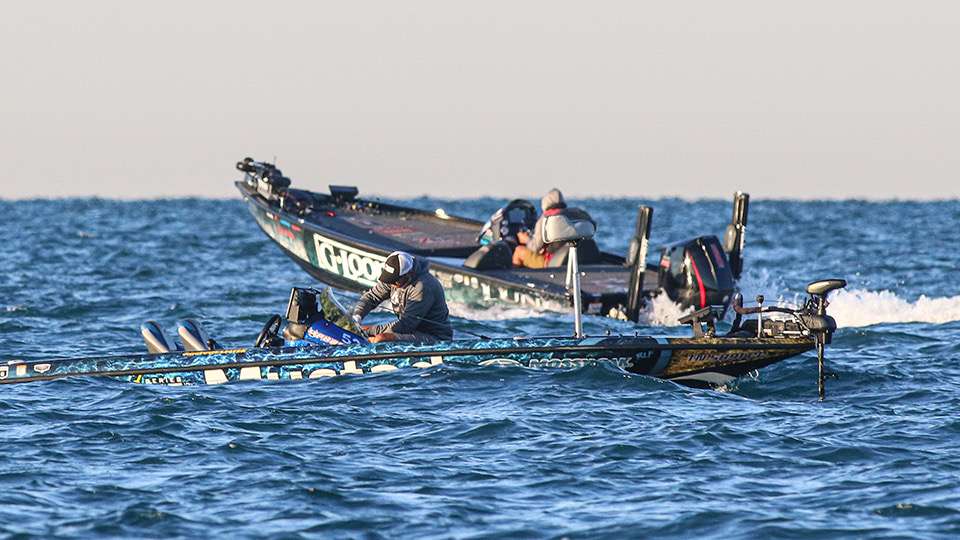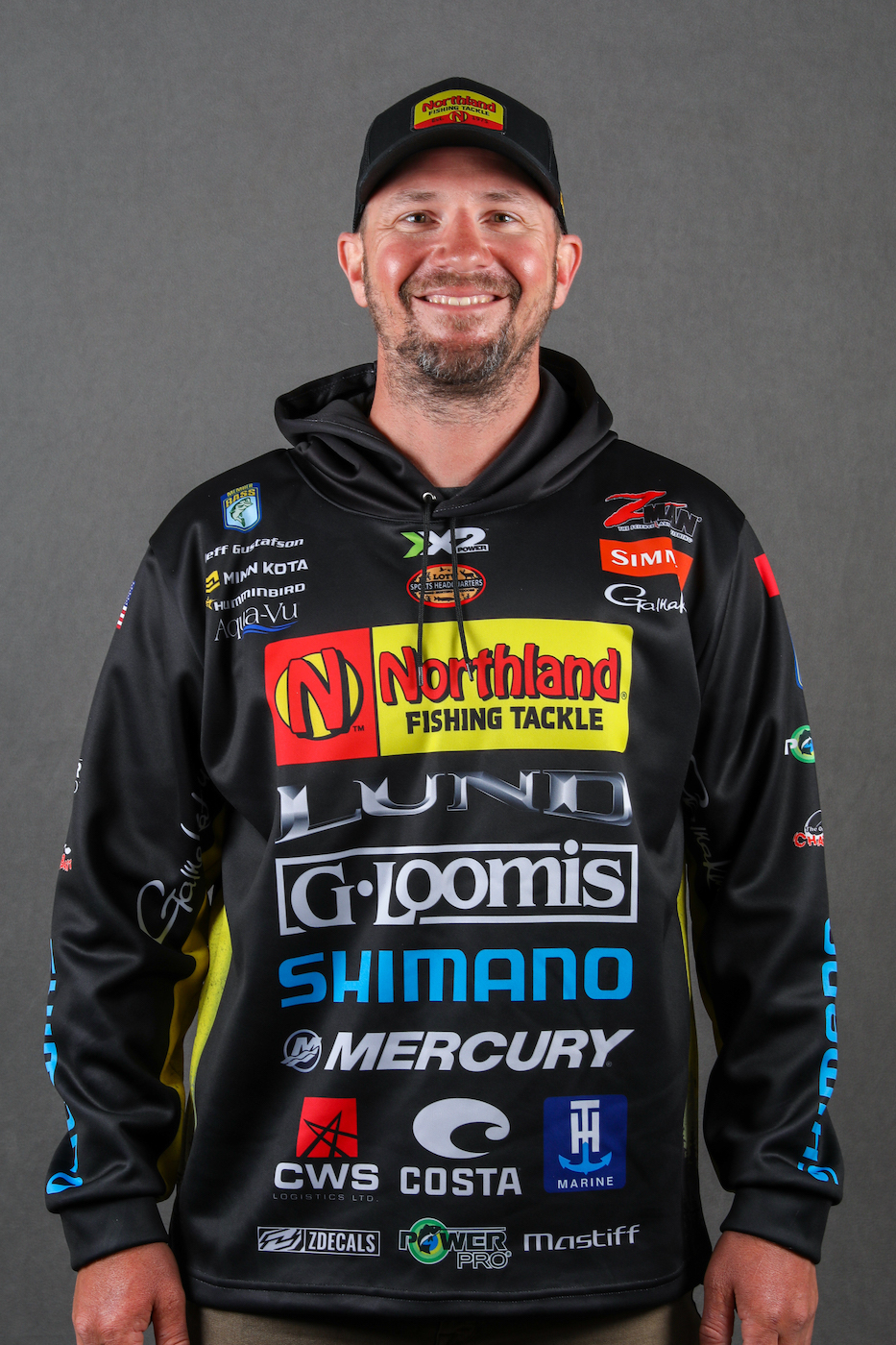
If you have fished any number of tournaments you have probably experienced a bad day of fishing or a tough event that sends all kinds of negativity through your head. It can really challenge your mental toughness. “Do I belong out here fishing against these guys, or I’m really letting down my friends and sponsors?”
The recent Lake St. Clair Elite Series event was a challenging one for me. I arrived in Michigan with high expectations because we were visiting one of the top smallmouth venues in the world. I grew up fishing for smallmouth and feel like I have some advantage against many of the anglers on the Elite Series who don’t have that experience.
My first day of practice went pretty good. I found an area that had some big fish and figured I would expand my options as we got closer to the tournament. As practice progressed, I spent virtually all of my time fishing the deeper 16- to 19-foot stuff that most of the anglers targeted with hopes of finding the mega school where I could pull up and catch fish on every other cast.
I had experienced this kind of crazy-good fishing on St. Clair before, and I think that really hurt me at this event because I was fishing fast and moving around too much looking for the dream spot. Unfortunately, not having the option to fish Canadian waters and a lot of fishing pressure on the U.S. side kind of eliminated this scenario. It caused a lot of the fish to be scattered.
Heading into the first day of competition, I was still optimistic that I would run into the right fish, but it just didn’t work out. It got worse for me the second day, and in the blink of an eye I was headed home with a disappointing 76th-place finish.
I made some mistakes, most of which were simply a result of fishing too fast and fishing too randomly. After the event I could recognize some of the things I did wrong. When I have a tough tournament, I get over it pretty quick. Heck, this certainly wasn’t the first, and it’s not likely to be the last. If there are techniques that I need to get better at, I’ll go home and work on them, but I don’t carry a lot of negativity after the event.
The bigger challenge for me is getting through the tournament days without the tough fishing taking away all of the fun and creating a stress-filled environment. When the fishing is good, tournament competition is the greatest activity in the world — nobody would argue that. For me, I usually remain calm and focused, and most days I can put a bag together to survive.
When it became apparent that what I was doing was not working at St. Clair, it was the worst feeling. I have a lot of pride and want to represent my family, friends and sponsors to the best of my ability. As Canadians, the Johnstons and I have amazing support from our home country as well, so we always want to show out for them.
The best way for me to deal with the negativity is remember that there are way more important things out there than just catching a bass. Don’t get me wrong, catching bass with some level of consistency is my job, but I think about how lucky I am to have an amazing wife at home, how some of my friends might be battling life-threatening diseases like cancer, and I think about some of the important people in my life that we’ve lost. It puts the fishing into perspective.
I take the lessons that I can from the tough tournaments and move on to the next one. Remaining calm will help you make good decisions and adjustments as you go through the day. I will be ready to roll again when we launch at Lake Guntersville for the next Elite Series event in a few weeks, and I expect to have a much better finish.

